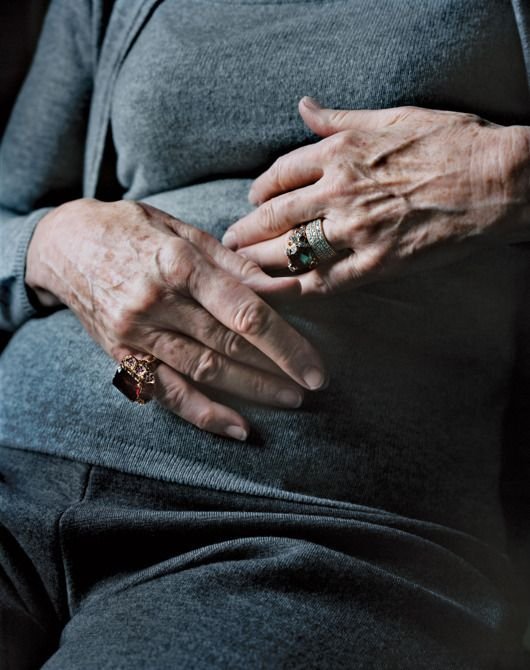Moving Your Parent Into Your Home
Moving our parents into our own houses permanently is a big decision for all, and one we generally don’t take lightly. And while it may often be the best and safest decision, it’s important to recognize there will be a transition period for all involved. With that said, there are some things we can to do ensure our elderly parent feels comfortable, welcome, and safe in our home – which is now their home too.
Create a Private Space for Them
While everyone may agree to live together, it doesn’t mean you don’t want a little private space. Make sure that before your parent moves in you’ve thought about where their private space will be. Even if it’s just their bedroom, it needs to be that quiet space they can retreat to when they like.
For those with busy households that are often filled with noise and activity, a quiet space becomes even more important. Now you can leave the decorating up to them so they can have input, but you want to at least have that space carved out for them.
Make the Home Mobility-Friendly If Necessary
If your parent has any sort of mobility issues, it will be important to examine how the house functions from their viewpoint. Is it safe for them? Is the space useable? Can they go about all their necessary tasks with ease? Mobility issues can be relatively minor or more pronounced, causing you to make some pretty big renovations and changes.
A few key areas to focus on include:
Mobility bathrooms (there are many features to include)
Their bedroom should be comfortable and meet their needs
The entryway into the house must be accessible and safe
Can they prepare, cook, and enjoy a meal in the kitchen?
Are the hallways easy to navigate?
If you’ve never dealt with mobility issues first-hand, then you may not even realize the equipment and features available nowadays. Doing some research before you start renovations would be wise.
Does Your Parent Need Personal Assistance?
This is also a good time to discuss their physical and health needs. Will your parent need physical assistance and, if so, how often/how many hours' worth? Will you be able to accommodate those needs or will you need professional help?
Some of the things an elderly parent can need help with include:
Showering/bathing
Using the toilet
Dressing
Cooking
Eating
Cleaning
Laundry
If your parent has a progressive condition, they may not require much in terms of personal assistance right now, but over time more help may be needed.
Understand It’s a Process
Even though moving your parent in with you may be the best idea, and one that everyone is on board with, there are bound to be some growing pains. There will be an adjustment period and that’s okay. Just be sure to keep their comfort, needs, safety, and health at the top of the list - and patience and self care for yourself somewhere on the list as well.











